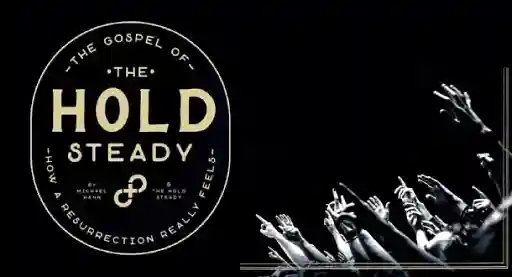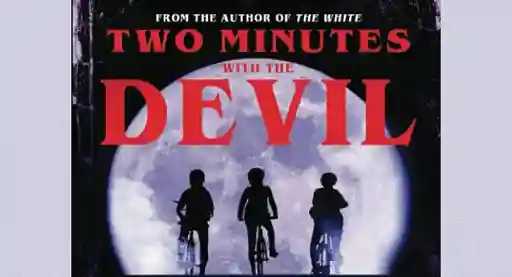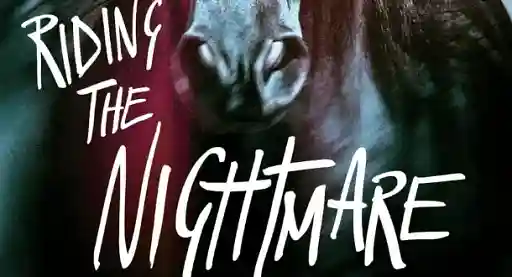Bookshots: Pumping new life into the corpse of the book review
Title:
The Children Act
Who wrote it?
Ian McEwan, the Booker-Prize winning author who has been called "one of the 50 greatest British writers since 1945."
Plot in a Box:
Judge Fiona Maye must decide the fates of both a handsome, terminally ill teen and her own, shaky marriage.
Invent a new title for this book:
The Judge's Fugue (Which would touch on both Fiona's often-unsettled mental state and the fact that she's an amateur classical pianist.)
Read this if you liked:
Atonement by Ian McEwan, The End of the Affair by Graham Greene, Intimacy by Hanif Kureishi
Meet the book’s lead:
Fiona self-describes as a "...59 year old woman, in the infancy of old age, just learning to crawl."
Said lead would be portrayed in a movie by:
Judi Dench, as she showed in Notes on a Scandal that she can be passionate and steely at the same time.
Setting: Would you want to live there?
Holborn, London, bordered to the south by the Thames and home to centuries-old law buildings and courts.
What was your favorite sentence?
...I love you, but before I drop dead, I want one big passionate affair...Ecstasy, almost blacking out with the thrill of it. I want one last go, even if you don't. Or perhaps you do.
The Verdict:
As she approaches her 60th year, Family Court judge Fiona Maye appears to have it all figured out. She balances the rigor of judging the fates of broken families with a tranquil personal life, at the heart of which lies a long-marriage to Jack. Their lives are filled with concerts, castle holidays and morning coffee in matching cups made the same way. Only when Jack proposes an open (for him, at least) marriage is Fiona forced to confront what’s missing.
Her upcoming case involving a teenaged boy provides distraction. 17 year old, budding poet Adam is refusing the blood transfusion that would avert his almost-certain death, because it goes against his and his parent’s Jehovah’s Witness beliefs. Breaking protocol, Fiona decides to visit Adam at the hospital to hear his side of things. The meeting proves life-changing for them both.
The first part of The Children Act is tense but quick-moving. We are witness to both the edgy pas de deux of a marriage in crisis as well as the rarefied, vaulted-ceilinged world of The Court. McEwan is skillful at showing us that good judges are people who question, as Fiona vividly mulls over not just her verdicts, past and present, but also her own future, which she may well be facing alone.
It’s the introduction of teenage patient, Adam, halfway through the book where the novel, for me, goes from fantastic to fantasy. The 17 year old pens Romantic poetry, is teaching himself the violin, and insists on calling Fiona by her professional title, “My Lady”. He’s more a stylized version of a courtly knight than a flesh-and-blood modern kid who may soon be facing a painful death. His early conversations with Fiona lack an initial wariness and urgency that would have made their connection seem realistic. Most of all, the inner cynic in me can’t help but think that a good-looking seventeen year old boy pining for a woman old enough to be his Grandma is just a teeny bit dubious. Harold and Maude excepted, of course.
The intimate glimpse into the world of the High Court, the portrayal of a couple fighting to save their marriage even as they fight each other: these storylines make The Children Act worth reading, and more than once. It’s the timeworn tale of the too-good-to-be-fully-human invalid that unfortunately, doesn't do the Judge any justice.

About the author
Naturi is the author of How to Die in Paris: A Memoir (2011, Seal Press/Perseus Books) She's published fiction, non-fiction and poetry in magazines such as Barrow St. and Children, Churches and Daddies. At Sherri Rosen Publicity Int'l, she works as an editor and book doctor. Originally from NYC, she now lives in a village in England which appears to have more sheep than people. This will make starting a book club slightly challenging.








